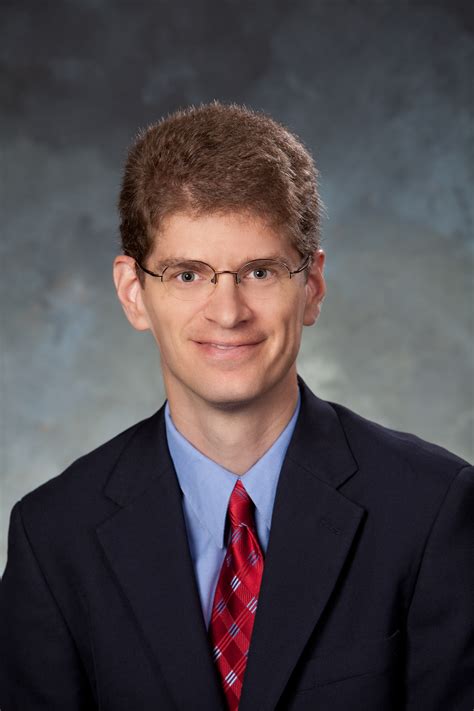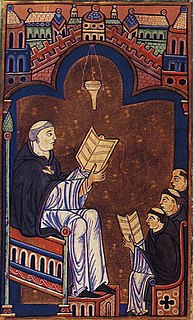A Quote by Carl Sagan
The fact that so little of the findings of modern science is prefigured in Scripture to my mind casts further doubt on it divine inspiration.
Related Quotes
Modern masters of science are much impressed with the need of beginning all inquiry with a fact. The ancient masters of religion were quite equally impressed with that necessity. They began with the fact of sin-a fact as practical as potatoes. Whether or not man could be washed in miraculous waters, there was no doubt at any rate that he wanted washing.
The violent portraits of God in Scripture have become one of the biggest obstacles to believers coming to faith. When we can show how these portraits bear witness not to a violent God, but to the non-violent loving God revealed on Calvary, these obstacles to believing in the inspiration of Scripture become one of the most compelling reasons for believing in the inspiration of Scripture.
Paul Davies takes us on a logically and rhetorically compelling modern search for human agency. This outstanding analysis, well informed by naturalistic views of our evolved affective nature, is the kind of philosophical work that is essential for a field to move forward when ever-increasing findings from modern science are inconsistent with traditional philosophical arguments. This book is for all who wish to immerse themselves in the modern search for free will. It is steeped in the rich liqueur of current scientific and philosophical perspectives and delusions.
You know the known, so go a little into the unknown. The mind that is caught up in the known - extended a little beyond reason. The moment you go beyond , you move in the soul. Releasing the bondage of your mind to extend further, reach the unknown a little more. The further you go, you realize that the known is limited and the unknown is vast.
Of the Divine character of the Bible, I think, no man who deals honestly with his own mind and heart can entertain a reasonable doubt, For myself, I must say, that having for many years made the evidences of Christianity the subject of close study, the result has been a firm and increasing conviction of the authenticity and plenary inspiration of the Bible. It is indeed the Word of God.
I cannot conceive of a personal God who would directly influence the actions of individuals, or would directly sit in judgment on creatures of his own creation. I cannot do this in spite of the fact that mechanistic causality has, to a certain extent, been placed in doubt by modern science. My religiosity consists in a humble admiration of the infinitely superior spirit that reveals itself in the little that we, with our weak and transitory understanding, can comprehend of reality. Morality is of the highest importance - but for us, not for God.
... those who sit in the darkness of passions and whose minds are blinded by ignorance, or, rather, those who have not acquired the 'mind of Christ' (I Cor. 2:16), think that he who has the mind of Christ is foolish, and that he who has it not is sensible. Of these the prophet David rightly states, 'The ignorant and foolish perish together' (Ps. 49:11). Therefore such men twist the whole of Scripture according to their own desires (cf. II Pet. 3:3, 16) and corrupt themselves in their own passions. But it is not divine Scripture that suffers from this, but those who disfigure it!





































